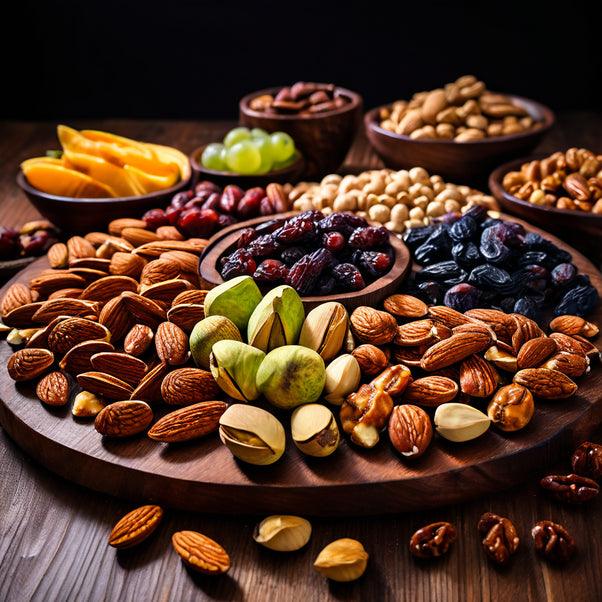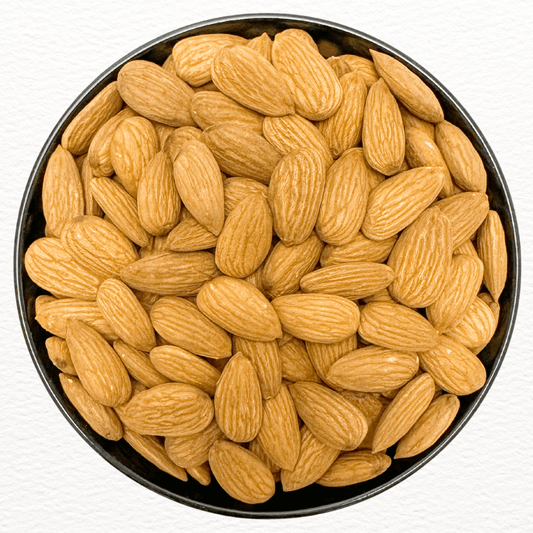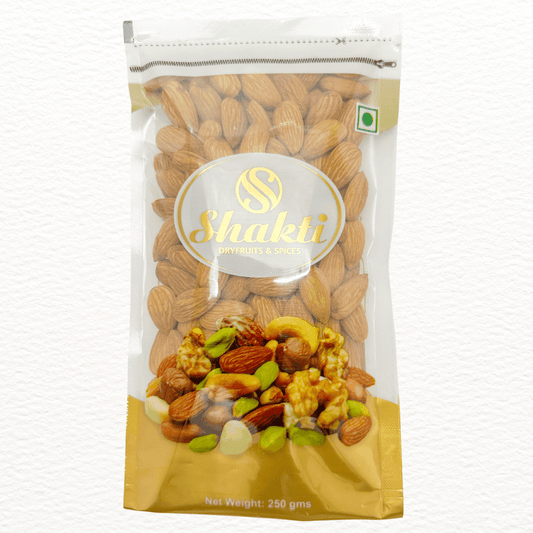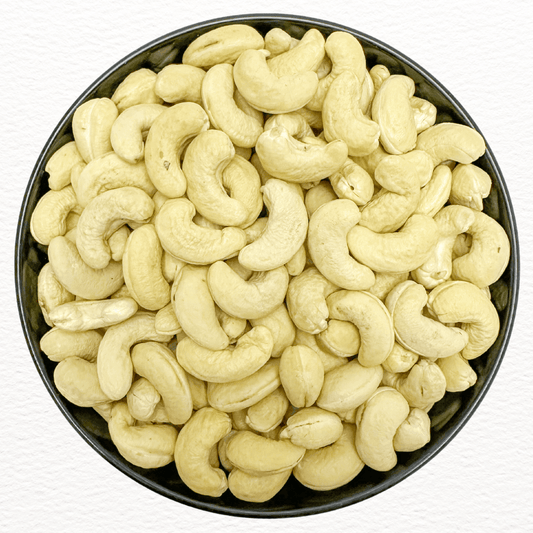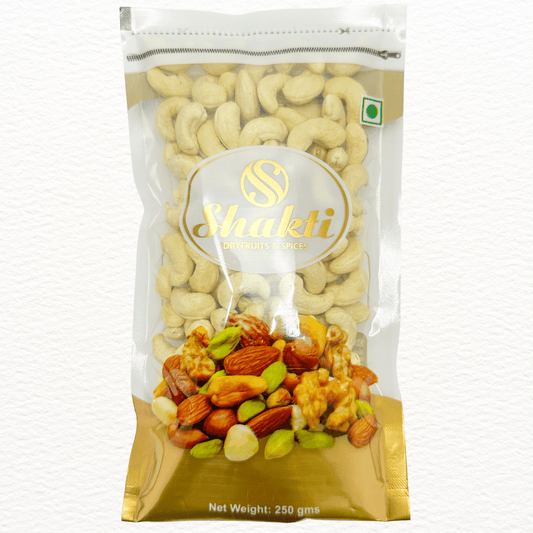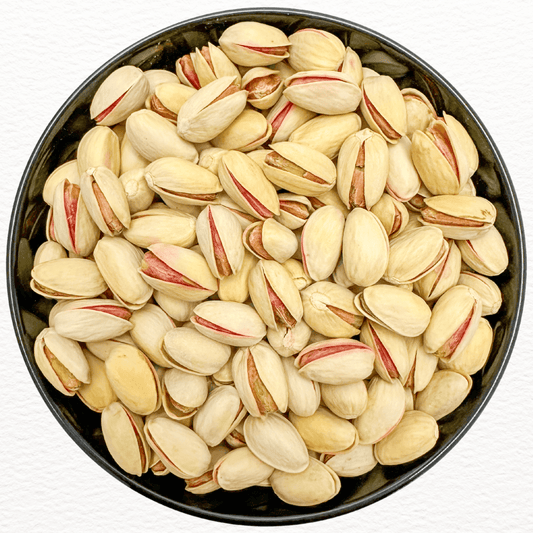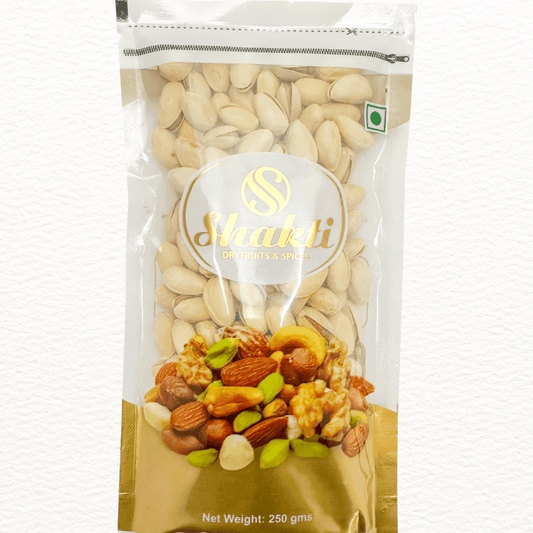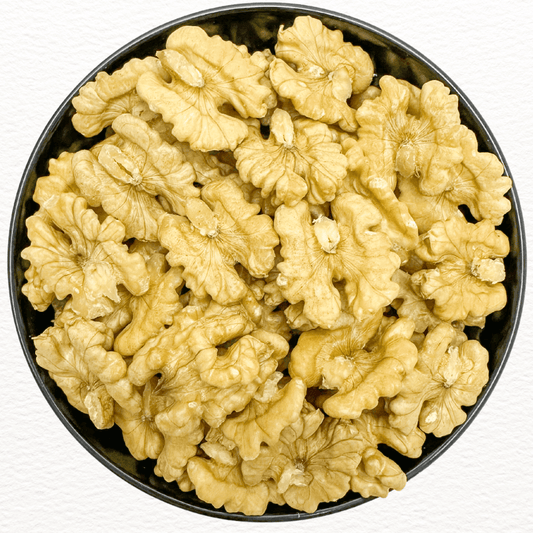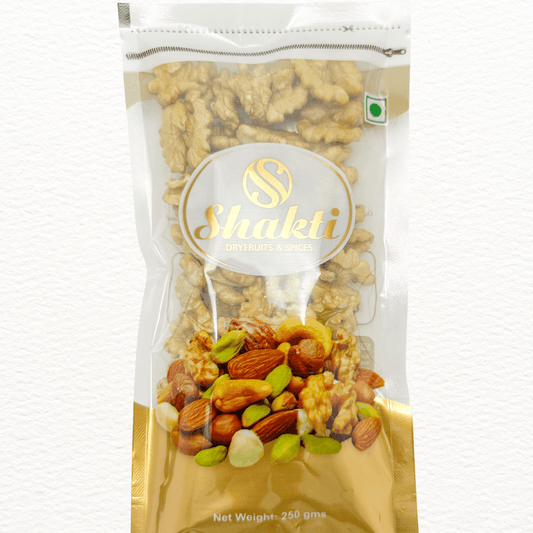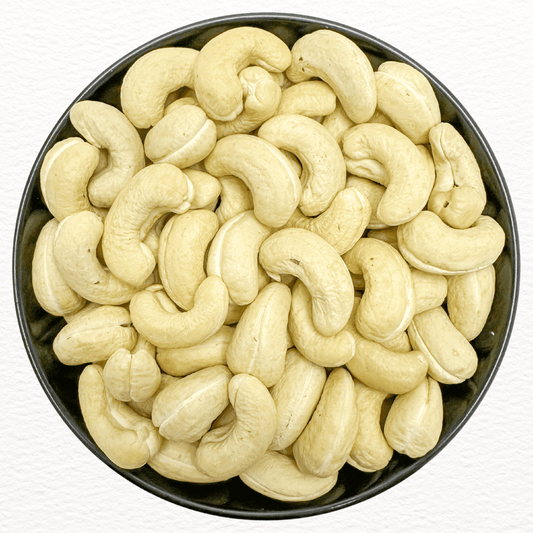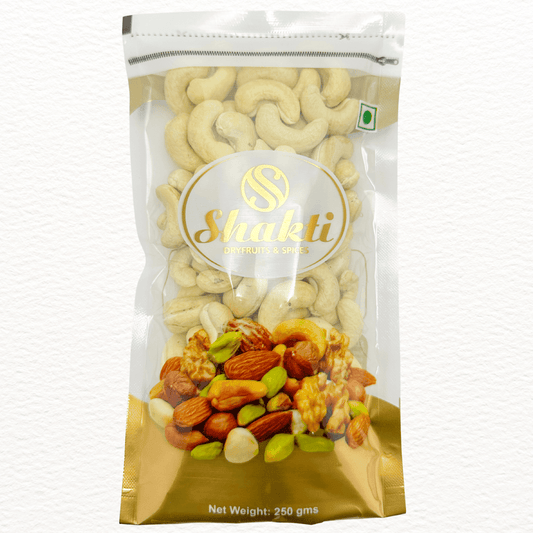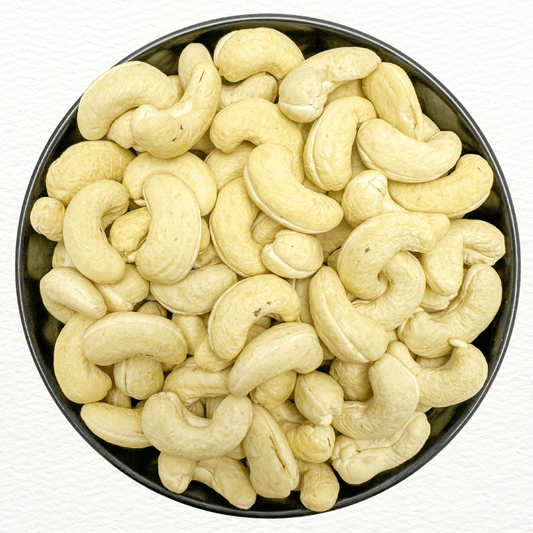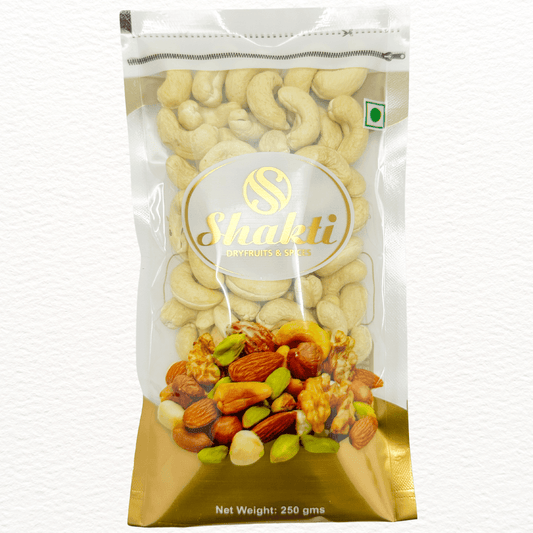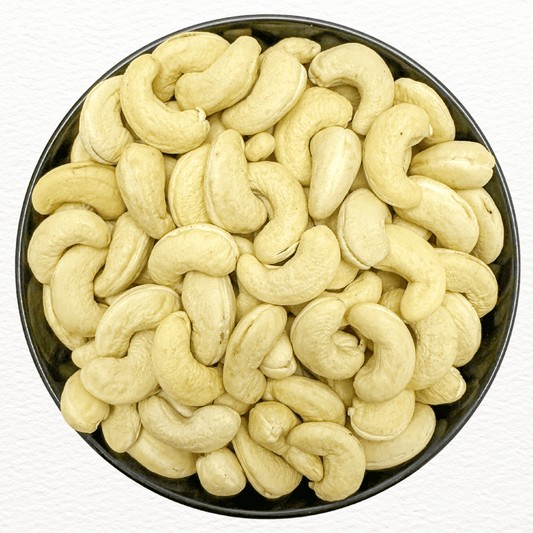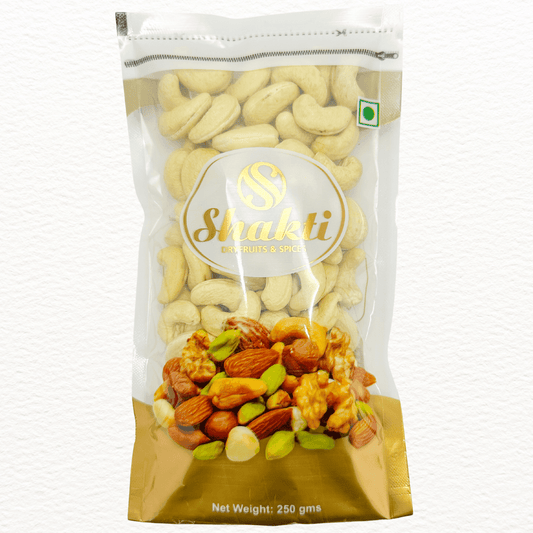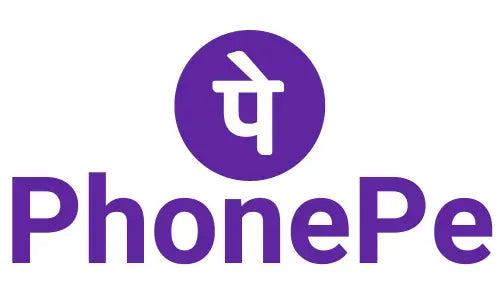Which Dry Fruit Is Not Good for Diabetes? Avoid High-Sugar Options
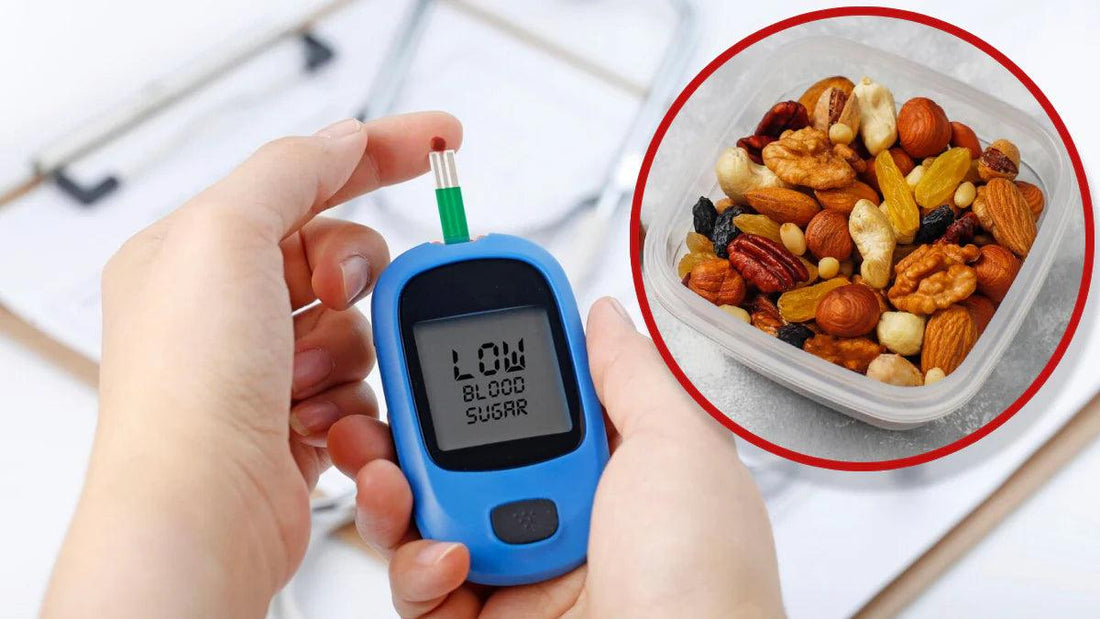
Managing diabetes requires careful dietary choices that stabilize blood sugar levels. While many dry fruits offer valuable nutrients and fiber, not all are ideal for those with diabetes. In this guide, we answer the key question: which dry fruit is not good for diabetes? We explain why dried mango, known for its high natural sugar content and glycemic index, may negatively impact blood sugar. We also highlight healthier dry fruit alternatives that support a balanced diabetic diet. For more premium quality dry fruits, please visit our Home Page or explore our Dry Fruits Collection.
What Are Dry Fruits and Why Are They Important for Diabetes?
Dry fruits are fruits that have had most of their water content removed, which concentrates their nutrients. They are rich in fiber, vitamins, and antioxidants, making them valuable for managing blood sugar levels. For diabetic individuals, dry fruits help slow the absorption of sugars, promote steady energy release, and support overall metabolic health. Key Benefits for Diabetes:
- Fiber: Slows sugar absorption, preventing blood sugar spikes.
- Antioxidants: Reduce oxidative stress and inflammation.
- Essential Nutrients: Provide vital minerals such as potassium and magnesium.
- Natural Energy: Offer sustained energy without relying on processed sugars.
Why Is Dried Mango Considered Not Good for Diabetes?
When evaluating which dry fruit is not good for diabetes, dried mango often stands out. Despite its delicious flavor, dried mango contains very high levels of natural sugars and typically has a high glycemic index. This means that even unsweetened dried mango can cause rapid spikes in blood glucose, making it less suitable for individuals managing diabetes. In contrast, other dry fruits offer a more balanced nutritional profile that is better for blood sugar control.
Top 5 Dry Fruits Beneficial for Diabetes
Below is a brief overview of the top 5 dry fruits that are beneficial for diabetes, along with their approximate nutritional values and key benefits:
| Dry Fruit | Approx. Calories (per 100g) | Approx. Sugar (g) | Fiber (g) | Key Nutrients | Diabetes Benefits |
| Dried Apricots | ~241 | ~30 | ~7.3 | Vitamin A, Potassium, Vitamin C | Supports stable blood sugar and improves digestion |
| Prunes (Dried Plums) | ~249 | ~30–35 | ~9.8 | Vitamin K, Potassium, Fiber | Regulates blood sugar and promotes regularity |
| Dried Figs | ~249 | ~30 | ~9.8 | Calcium, Magnesium, Potassium | Enhances digestion and provides steady energy |
| Unsweetened Raisins | ~299 | ~30–35 | ~3.7 | Iron, Potassium, Antioxidants | Provides antioxidants and fiber in moderation |
| Almonds | ~579 | Low | ~12.5 | Vitamin E, Magnesium, Healthy Fats | Low glycemic load; supports sustained energy and control |
Note: Nutritional values are approximate and may vary based on variety and processing.
How Do Dry Fruits Help Manage Diabetes?
How do dry fruits benefit diabetes management?
Dry fruits support a diabetic diet by providing:
- Steady Energy: Natural sugars are absorbed slowly, preventing rapid spikes.
- Improved Digestion: High fiber content promotes regular bowel movements and stabilizes blood sugar.
- Nutritional Support: Essential vitamins and minerals aid metabolic functions.
- Antioxidant Protection: Antioxidants reduce inflammation and oxidative stress.
These benefits are best achieved by choosing dry fruits with lower sugar content and higher fiber, making dried mango a less optimal choice compared to alternatives like dried apricots, prunes, dried figs, and unsweetened raisins.
Research Overview
Recent research highlights the importance of dietary fiber and low glycemic index foods in managing diabetes. Studies have shown that dry fruits with a balanced nutritional profile, such as dried apricots and prunes, help in maintaining stable blood sugar levels. Conversely, foods with very high sugar content, like dried mango, are associated with rapid glucose spikes. Ongoing research supports the inclusion of nutrient-dense, lower-sugar dry fruits as part of an effective diabetic diet.
Research Summary
In summary:
- Dry fruits are nutrient-dense and rich in fiber, which is essential for blood sugar regulation.
- High-sugar dry fruits like dried mango may cause rapid blood sugar spikes, making them less suitable for diabetes.
- Healthier alternatives such as dried apricots, prunes, dried figs, unsweetened raisins, and almonds offer balanced nutrition and support stable blood sugar levels.
- Integrating these dry fruits in moderation can lead to improved metabolic health and better diabetes management.
Frequently Asked Questions (FAQs)
Q1: Which dry fruit is not good for diabetes?
A: Dried mango is generally not recommended due to its high natural sugar content and high glycemic index.
Q2: Why is dried mango less suitable for diabetes?
A: Its concentrated sugars can cause rapid spikes in blood sugar, making it a less ideal choice for managing diabetes.
Q3: Can I still enjoy dry fruits if I have diabetes?
A: Yes, by choosing alternatives such as dried apricots, prunes, dried figs, unsweetened raisins, and almonds, and consuming them in moderation.
Q4: How do the fiber and antioxidants in dry fruits help diabetes?
A: Fiber slows sugar absorption, while antioxidants reduce oxidative stress and inflammation, supporting overall metabolic health.
Q5: What is the recommended portion size for dry fruits in a diabetic diet?
A: It is advisable to consume dry fruits in small portions, typically around ¼ cup, to gain benefits without excess calorie intake.
Conclusion
When determining which dry fruit is not good for diabetes, dried mango emerges as a less favorable option due to its high sugar content and glycemic index. In contrast, dry fruits like dried apricots, prunes, dried figs, unsweetened raisins, and almonds provide a balanced nutritional profile that supports stable blood sugar levels and overall metabolic health.Incorporating the right dry fruits into your diabetic diet can lead to improved digestion, sustained energy, and better blood sugar management. For more premium quality dry fruits and expert nutrition tips, visit our Home Page, explore our Dry Fruits Collection, or browse our latest articles on our Blogs. If you have any questions, please Contact Us.
Internal Links:
